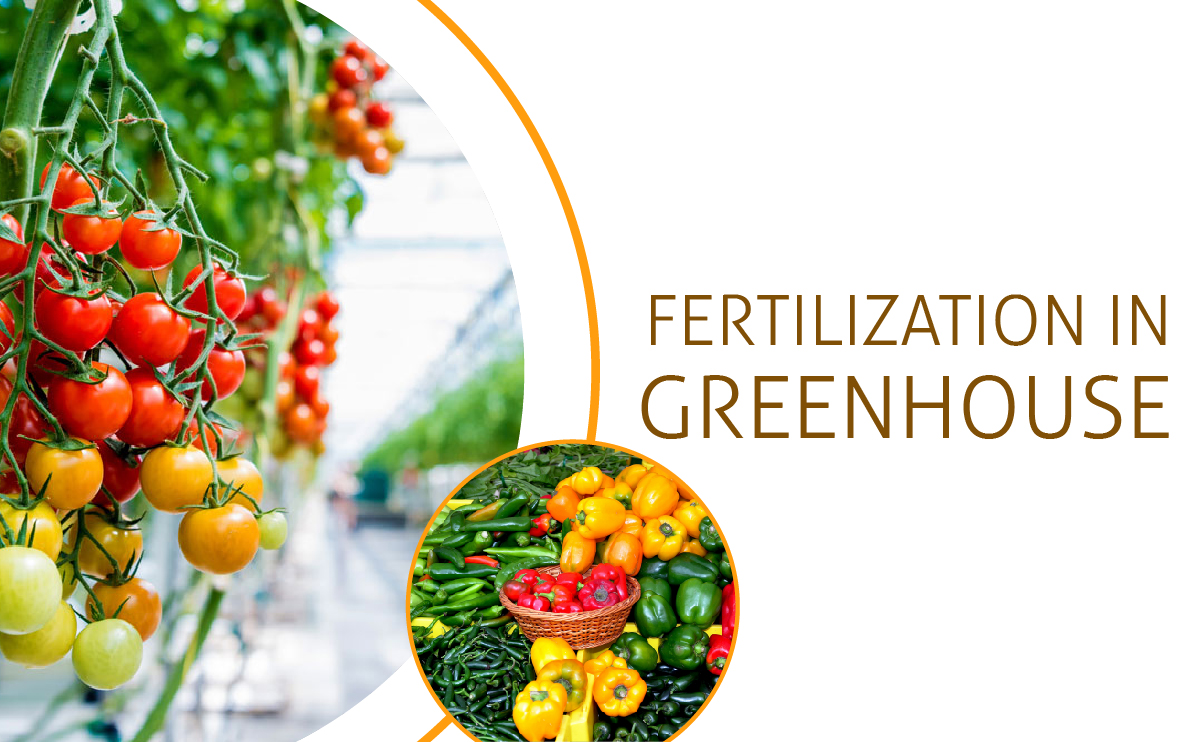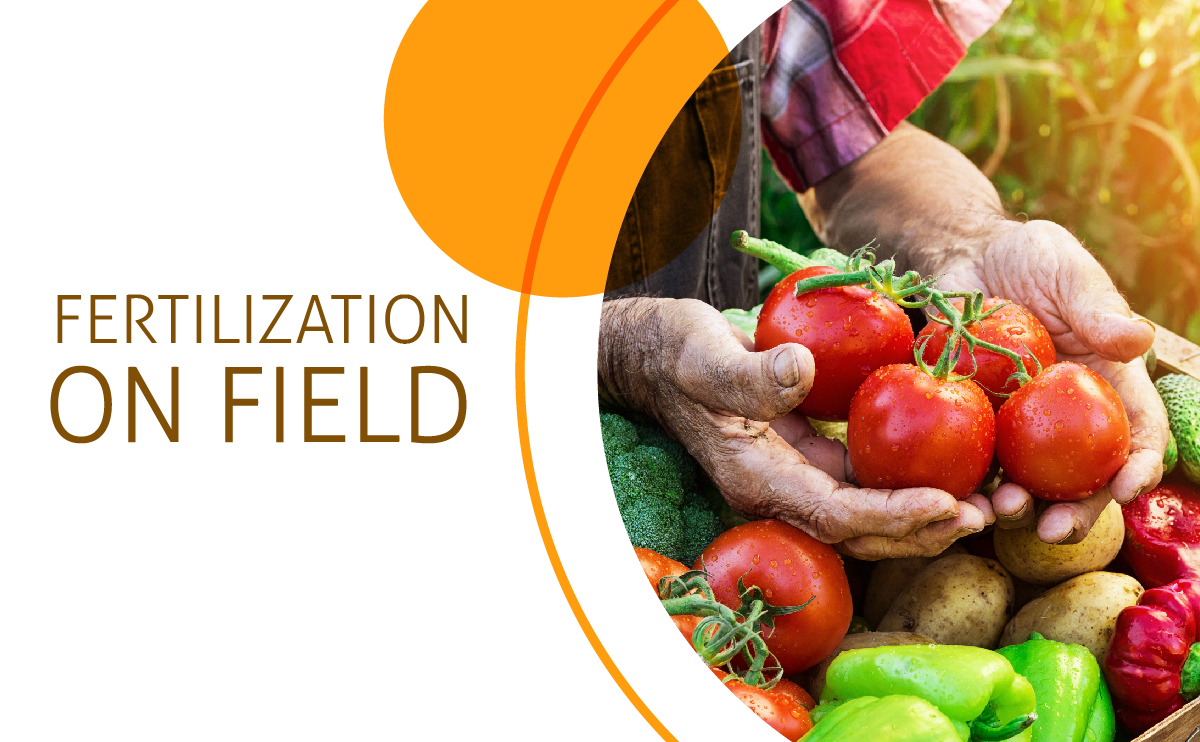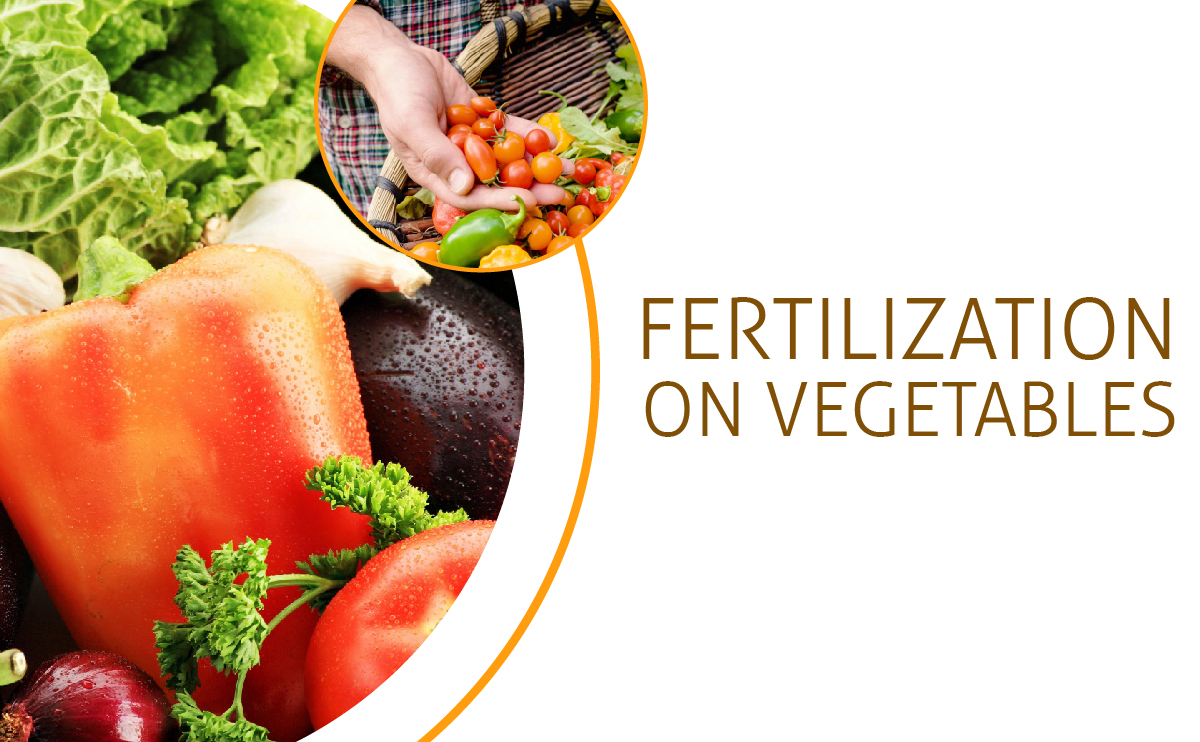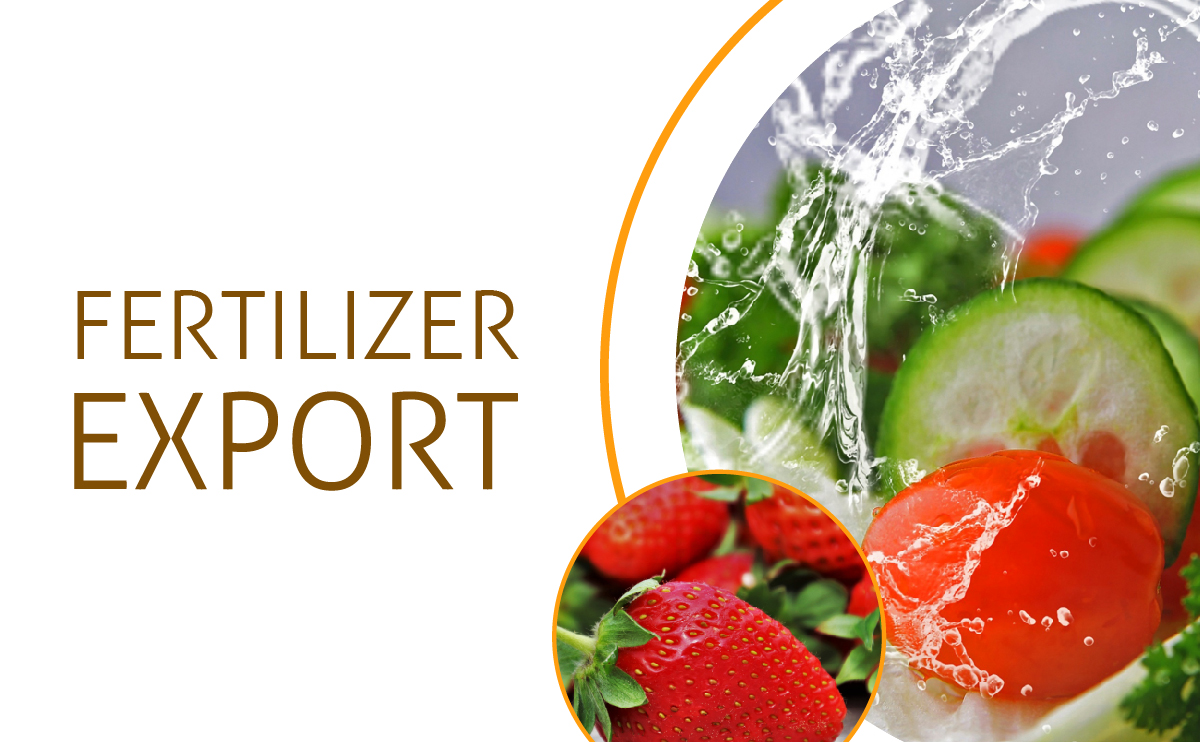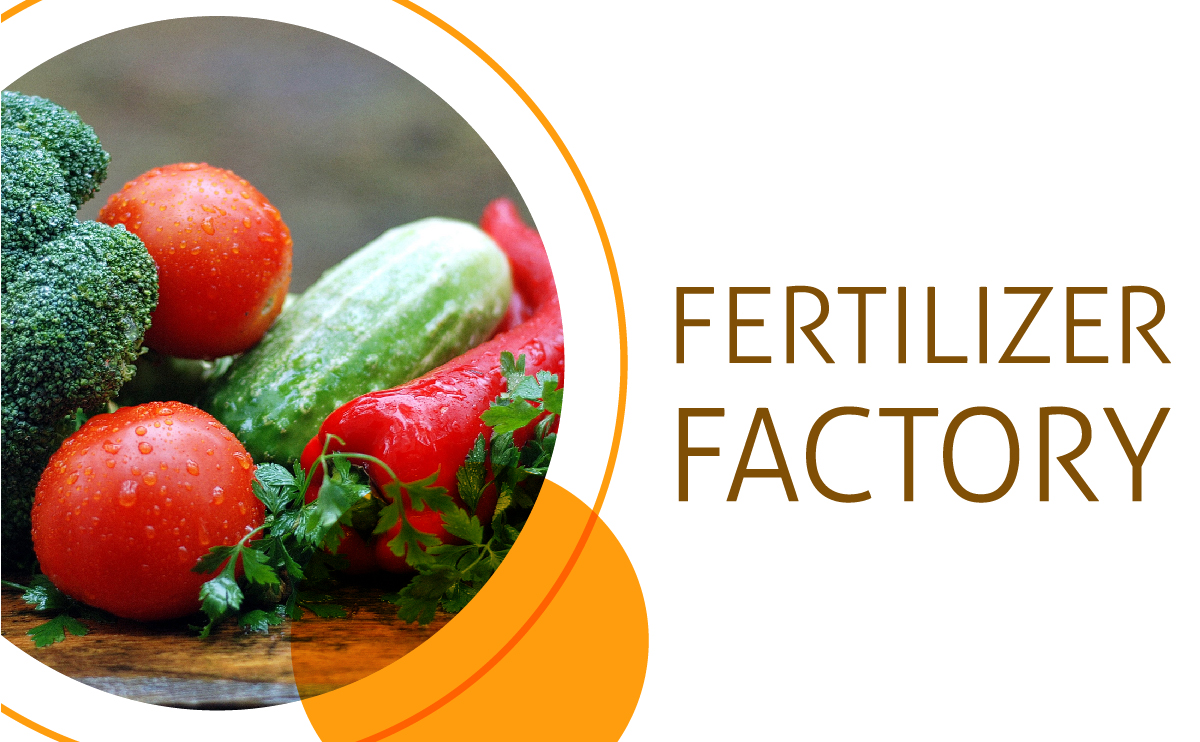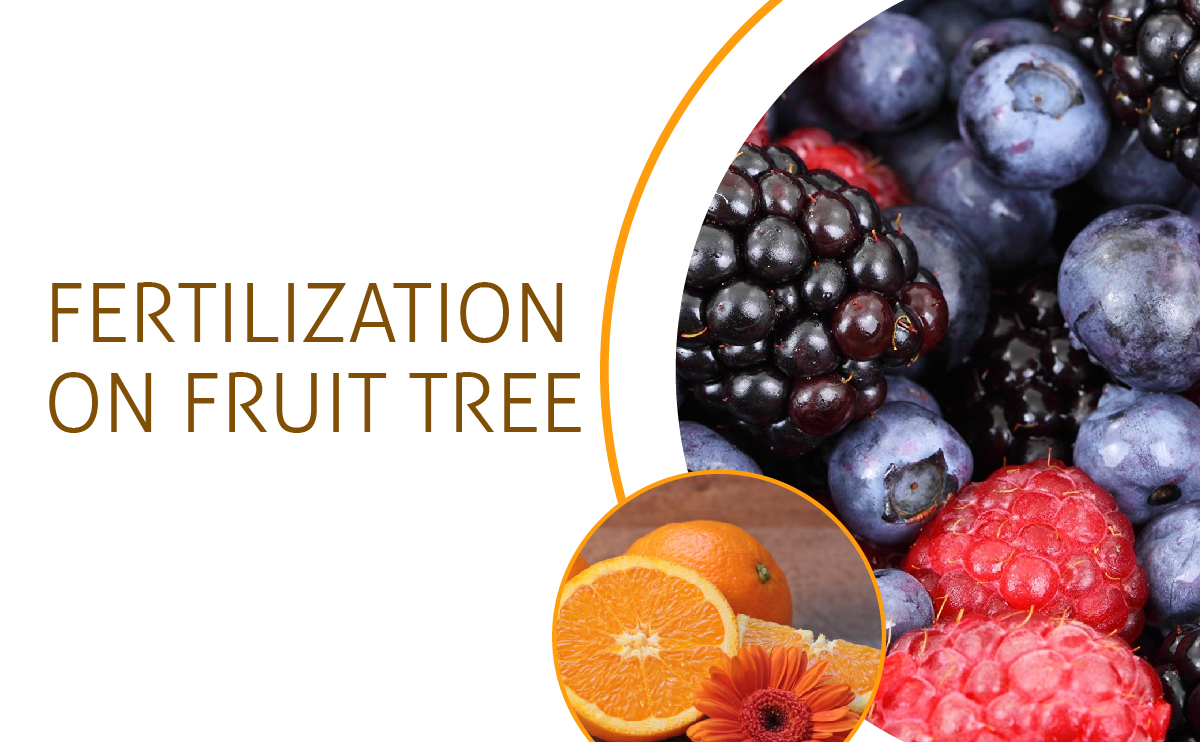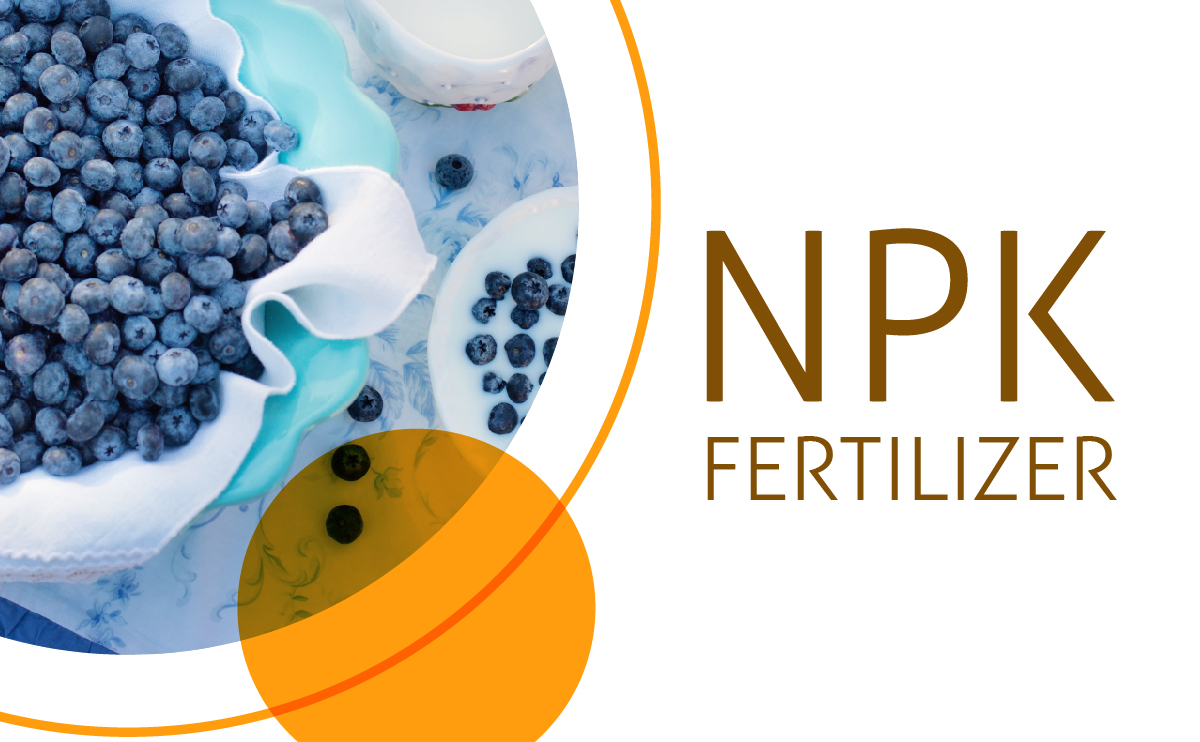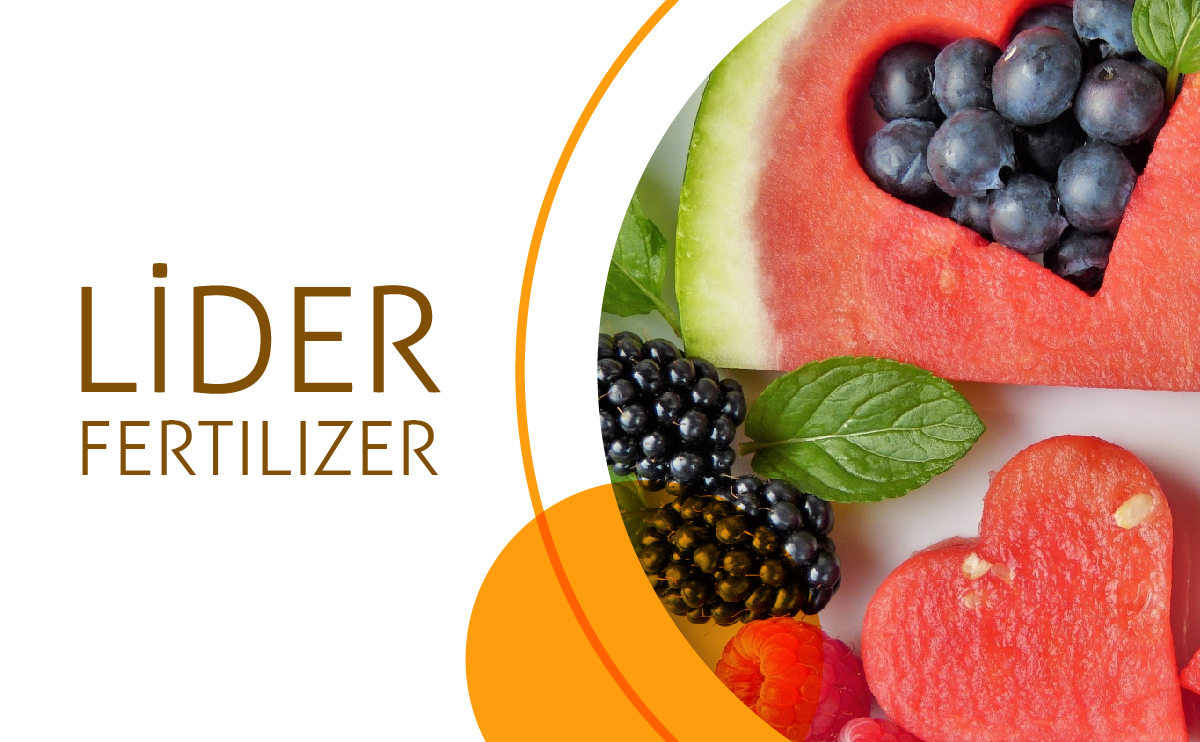Greenhouses are known as structures that make it possible to control the growing conditions of plants and play an important role in agricultural production. However, various factors need to be carefully managed to achieve high yields and healthy plant growth in greenhouses. One of these factors is the fertilization process. Correct fertilization in the greenhouse aims to provide plant nutrients and meet the needs of the plants. In this article, we will examine the importance of fertilization in the greenhouse and how it can be applied effectively.
Providing Balanced Plant Nutrients:
Plants need various nutrients in their growth and development processes. These nutrients are usually found naturally in the soil, but plant access to these nutrients can be restricted due to the limited space of greenhouses and intensive production processes. Fertilization ensures that the nutrients needed by the plants are provided in a balanced way. Providing nitrogen, phosphorus, potassium and other trace elements in the right proportions supports the healthy growth of plants and increases their productivity. With the right fertilization programs, the growth of plants is encouraged, while at the same time, the negative effects caused by excessive use of nutrients are prevented.
Conservation of Soil Fertility:
The process of growing plants in greenhouses requires constant use of soils. However, due to continuous production, the nutrients of the soils are depleted and their productivity decreases. Fertilization is an important tool for maintaining soil fertility. With the right fertilization methods and programs, the soil is kept rich in nutrients and the plants are supported to grow in optimum conditions continuously. At the same time, the structural properties of the soil are improved and the water holding capacity is increased by the use of organic fertilizers. This reduces soil erosion and contributes to sustainable agricultural practices.
Cultivation of Resistant Plants:
Disease and pest control can be difficult when growing plants in a greenhouse. However, the fertilization process helps to grow plants that are resistant to diseases and pests by strengthening the immune system of the plants. Fertilizers support the healthy growth and metabolic functions of plants, making them more resistant to diseases and pests. In particular, organic fertilizers increase plant immunity by promoting soil microorganisms and increase the effectiveness of natural protective systems. Thus, while reducing the dependence on chemical control methods, it offers an environmentally friendly approach.
Fertilizing in the greenhouse is a fundamental step for plant health and productivity. With the right fertilization programs, the nutrients needed by the plants are provided in a balanced way, soil fertility is maintained, plants resistant to diseases and pests are grown, and an increase in yield and quality is achieved. However, the fertilization process must be carefully planned and implemented. Appropriate fertilizer types and dosages should be determined by considering factors such as the type of plants, growth stage, soil analysis and environmental factors. You can get more detailed information about our fertilizers by contacting us at our contact numbers in order to create a sustainable greenhouse system and increase plant health and productivity.

